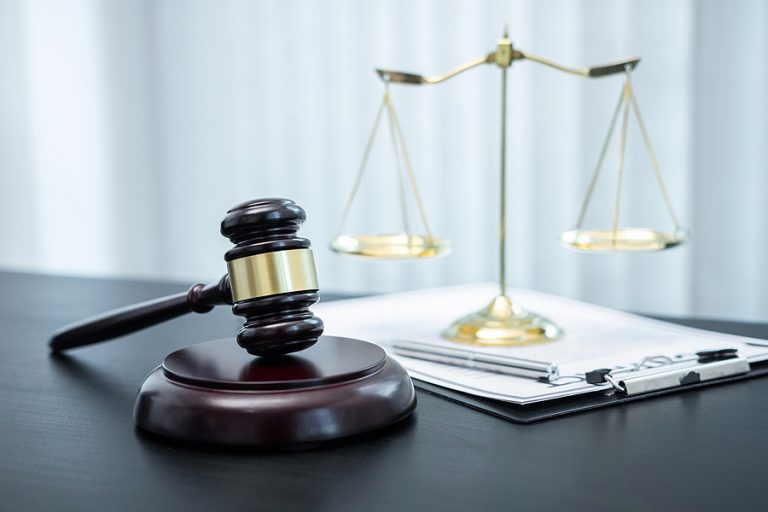What Happens During Discovery In A St. Pete Lawsuit?
 Michael Babboni
Car Accidents
If you’re injured by negligence in an auto accident in St. Petersburg or some other incident, you may have to go to trial if those who hurt you refuse to take responsibility. Winning a trial means getting a legally enforceable judgment that makes those found liable legally obligated to compensate you for what they owe.
Michael Babboni
Car Accidents
If you’re injured by negligence in an auto accident in St. Petersburg or some other incident, you may have to go to trial if those who hurt you refuse to take responsibility. Winning a trial means getting a legally enforceable judgment that makes those found liable legally obligated to compensate you for what they owe.A trial is best undertaken with an experienced personal injury attorney because this process has many phases. One of the most important is known as “discovery.”
What Is The Discovery Phase?
Winning a trial is contingent on convincing a jury that the plaintiff’s arguments are sound, which is done through present evidence. This is one of the most crucial aspects of the “discovery phase,” as the legal team for the plaintiff and the defendant work to investigate the situation surrounding the case and build up evidence to present to a jury at trial.
However, one thing people should understand about the discovery phase is that much of this information is shared. While it is popular in film, television, and fiction to make courtroom dramas more exciting by presenting “surprise” witnesses and evidence, this no longer happens in a modern court setting.
During the discovery phase, the plaintiff and defense legal teams know what the other group is investigating and researching. This is especially important since, if it is clear that the evidence being gathered is overwhelming in favor of a particular verdict, it’s possible at this phase to motion to settle out of court instead of going through a lengthy and expensive trial with a foregone conclusion.
The Elements Of Discovery
During the discovery phase, four major types of discovery are utilized. These are:
Depositions
These recorded interviews occur outside the court but can be considered sworn testimony. Of course, the opposing side can question and object to these, but only during the trial, using the standard rules of evidence.
Interrogatories
These are questions submitted to the opposing side, usually to gather basic information and to ensure that both sides agree on certain facts, such as the extent of injuries.
Requests For Production
Despite what the name says, production, in this case, typically means documents for both investigation and potentially to be entered in as evidence. Medical records and reports, for example, would be the kind of document sought in requests for production.
Requests For Admission
These requests are sent back and forth between the opposing sides, usually to get confirmation or admission to certain allegations and statements. It’s a way for the sides to keep track of what facts and evidence will be used. However, protective orders are in place, as well as a judge’s intervention to prevent the abuse of this method. If there is any concern about the inappropriate use of the discovery phase during a trial, the judge can intervene to define what falls under discovery or how discovery can be used to investigate certain items or information.
Items Subject To Discovery
The Florida Rules of Civil Procedure have well-defined articles on what is allowed to be investigated during the discovery phase. Only information relevant to the case falls under this purview, including things like:
• Phone and text records
• Photographs about the accident and injury
• Video recordings
• Business records
• Medical records and reports
• Police records and reports
• Property damage records and reports
If you’ve been in a car accident in St. Petersburg and the other driver was negligent but refused to take responsibility, get professional help. Talk to a personal injury lawyer about your situation. You may still be able to negotiate a settlement out of court, a mediation, or, if there is no other option, go to trial to get the compensation you are owed with a verdict from a jury.
